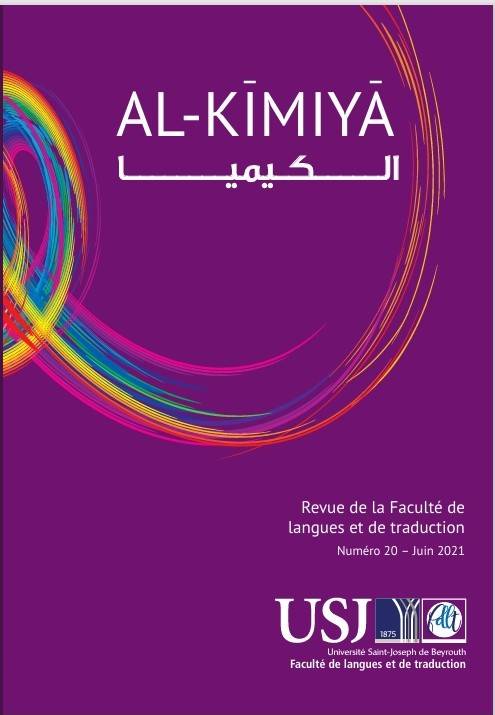Abstract
Translating a literary text is rarely limited to the translation of powerfully lyrical descriptions or soliloquys. In Jane Austen’s Emma, the translator is confronted with a narrative full of dialogue involving around a dozen central characters, all of whom spend most of their time happily exchanging and passing on pleasantries, news, and rumours. In this article, I will examine how gossiping has been studied in English-language and French-language literary and theoretical discourse, and whether potential metadiscursive discrepancies between the two language cultures may have an impact on published translations of the novel. We will support our argument with a close reading of a selected passage from Emma and two of its recent translations into French.

